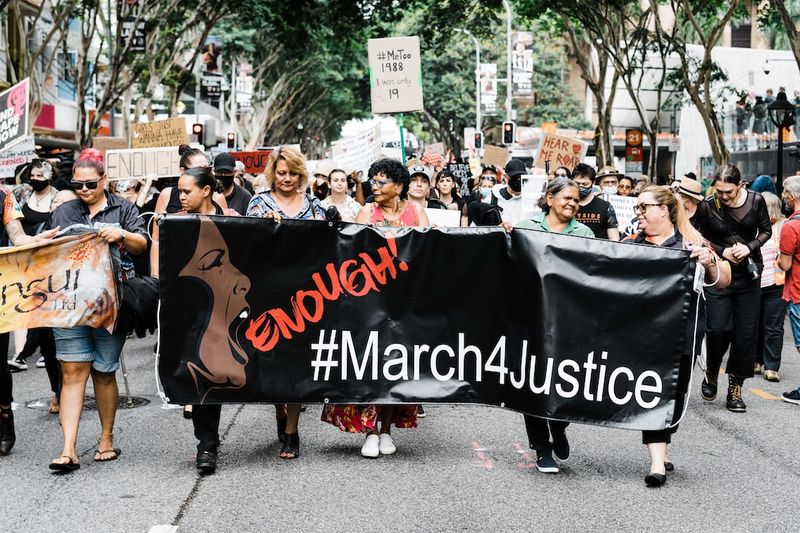Table of Contents
Appeals Chamber of UN’s International Residual Mechanism for Criminal Tribunals Confirms Guilty Verdicts for Serbian Officials for War Crimes
On Tuesday, the Appeals Chamber of the UN’s International Residual Mechanism for Criminal Tribunals confirmed the guilty verdicts and raised the prison sentences for two former Serbian state security officials – Jovica Stanišić and Franko Simatović. The officials were found guilty of aiding and abetting the commission of murder, war crimes, and crimes against humanity in the Bosnian town of Bosanski Šamac.
Historic Verdict
This verdict is a historic moment that brings an end to the longest-running trial in the history of war crimes trials. The verdict leaves no doubt about the involvement of Serbia’s police and security services in the wartime atrocities in Bosnia and Herzegovina, which is something that Serbia’s authorities continue to deny to this day. This verdict confirmed the original ruling that senior Serbian officials were guilty of crimes under international law and found that they contributed to the joint criminal enterprise, which had an aim of forcibly and permanently removing non-Serbs from large areas of Bosnia and Herzegovina.
Implications of the Verdict
The verdict brings some reparation for the victims and their families, but it is important to note that there are thousands of unresolved cases of war crimes in Bosnia and Herzegovina, and many of those suspected of criminal responsibility for atrocities continue to walk free. It is a time for leaders in the region to work harder to bring all those responsible for war crimes to justice and provide the victims with justice, truth, and reparation.
Lasting Impact
This ruling is final and binding, it concludes the work of UN’s International Tribunal and its successor, International Residual Mechanism for Criminal Tribunals on Bosnia and Herzegovina. This judgment emphasizes the importance of international justice and serves as a landmark for the rule of law. Justice is an essential component in the process of healing and reconciliation for societies that have been ravaged by systemic violence and strife.
Conclusion
As the world battles war crimes and crimes against humanity, the importance of adherence to international law cannot be overemphasized. Perpetrators must be brought to justice, and the victims and their families must be provided with reparation. It is time for leaders in the region to focus on ensuring that justice is served, and that all perpetrators of war crimes are brought to book. This verdict is a milestone in the push for justice for victims of war crimes.

<< photo by Stewart Munro >>
You might want to read !
- French Government Pushes for Loopholes in New Treaty That Could Shield War Criminals
- “New Treaty Calls for Global Support in Delivering Justice for Victims of Genocide and War Crimes”
- Japan’s “Hostage Justice” System: A Violation of Human Rights.
- “Iran’s Executions of Tortured Protesters Demand a Forceful Response from the Global Community”
- Deported man’s safety and fair trial rights should be upheld by UAE authorities
- Why Justice for Hissène Habré’s Victims Remains Denied in Chad
- “Will the Council of Europe prioritize the right to a healthy environment as a litmus test for progress?”
- Nepal’s Landmark Decision: Same-Sex Spouses to be Recognized by Court